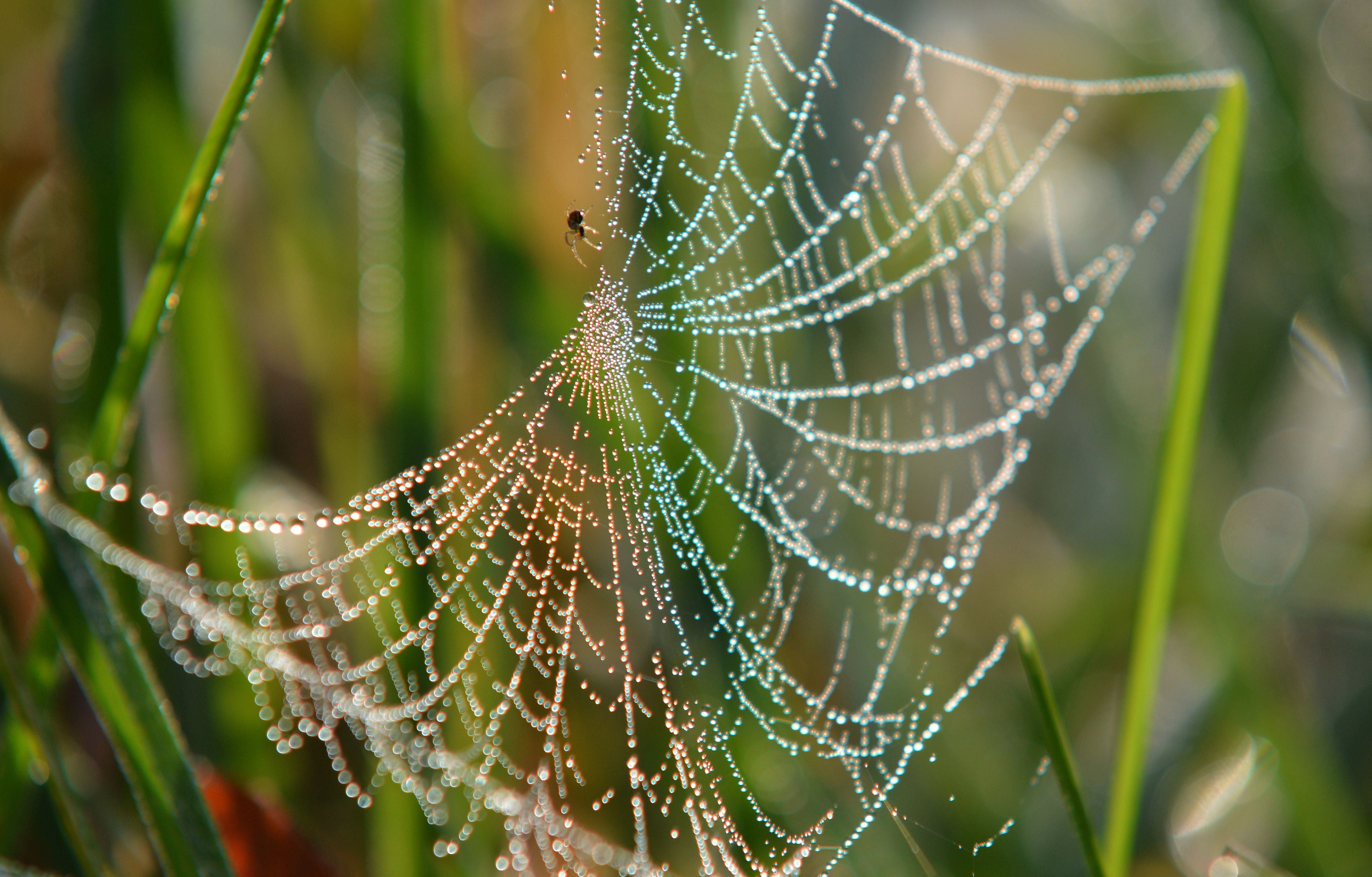ARTICLE AD BOX
Urban noise such as from traffic, aeroplanes and construction is forcing some spiders to weave “soundproof webbing” that transmits vibrations differently, a new study reveals.
Noise pollution from human activity continues to challenge the ability of several animals, including marine species such as turtles and dolphins, to send and receive information.
While previous studies have documented how such noise affects animals, there has been little research into how they adapt to such soundscapes.
It’s known, for example, that some birds delay their dawn chorus until aircraft noise diminishes while brown tree frogs raise the pitch of their songs to avoid overlap with traffic noise frequencies.
But little is known about how animals change the way they receive sound, scientists say.
The new study, conducted by researchers at the University of Nebraska-Lincoln, shows the webs of funnel-weaving spiders transmit vibrations differently in response to increased local noise.
Spiders are known to learn about predators, prey, potential mates, and their overall environment from vibrations carried by their webs.
Funnel-weaving spiders in particular connect their webs to surfaces like trees, rocks and buildings, which act as conduits for sound vibrations, including environmental noise from traffic and machinery.

The latest findings, published in the journal Current Biology, suggest the spiders may intentionally spin their webs differently to manage surrounding noise and receive crucial sensory information.
Individual webs transmit vibrations differently depending on whether the spider is collected from an urban or rural environment.
“One of the most interesting things that we found is that urban and rural spiders are reacting differently when they are put into a noisy environment,” Brandi Pessman, one of the study’s authors, said.
Researchers suspect a spider's past exposure to environmental noise, and perhaps genetic makeup, shapes its web-building flexibility.
“This means that spiders with different experiences with noise – whether they themselves experienced it or their mothers passed it down to them across generations – respond differently,” Dr Pessman said.
Researchers theorise funnel-weaving spiders could be using their webs to soundproof themselves against manmade noise, which tends to overlap with the frequency range the spiders use for communication.
To test the theory, scientists collected 60 funnel-weaving spiders from both urban and rural areas in and around Lincoln and exposed them to either quiet or loud vibratory noise as they spun webs over four nights.
They then applied different vibratory stimuli to assess how sound travelled across each of these webs.
The study revealed that spiders from urban areas, living under constant, high-amplitude noise, built webs that quieted their environment, likely as a means to avoid excessive stimulation.
Rural spiders, on the other hand, seemed to build webs that enhanced incoming vibrations at a particular frequency likely to home in on important environmental cues.
"Rural spiders are not used to as much noise in their environment. When they suddenly get a lot of noise, they might try to 'turn up' the volume in their webs or amplify what is coming in to better hear certain signals above the noise,” Dr Pessman said.
The results highlight a particularly sophisticated means of coping with environmental noise.
In future studies, scientists hope to understand how exactly the spiders change the sound transmission properties of the webs.









 English (US) ·
English (US) ·